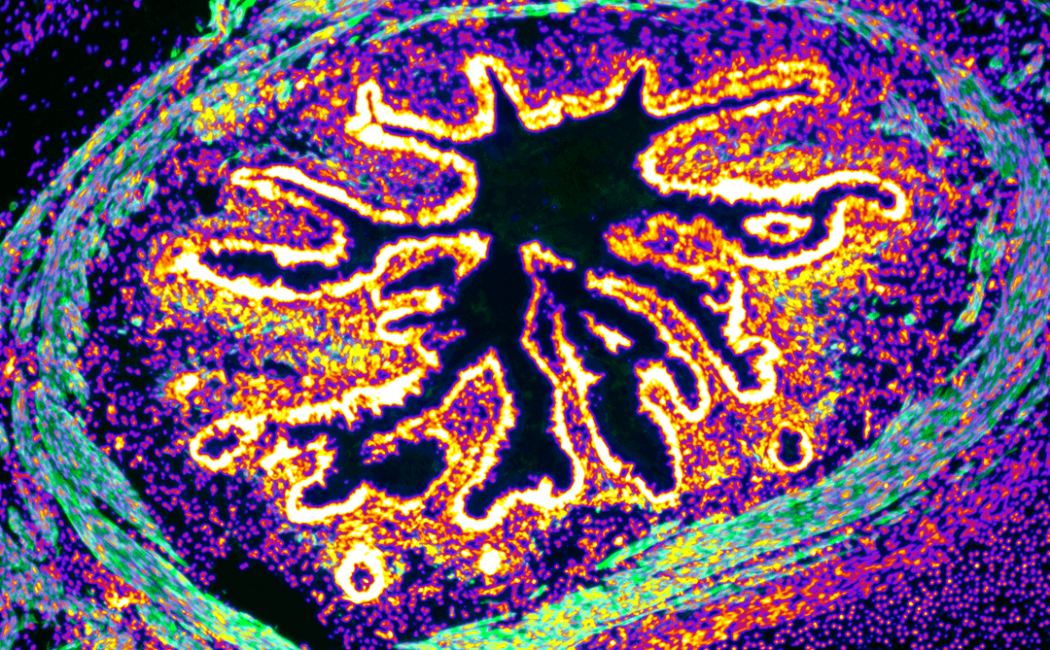
First-of-its-kind Kingdom stem cell study sheds light on Klinefelter syndrome
12 April, 2023
In a research partnership between King Abdullah University of Science and Technology (KAUST), King Abdulaziz University, Jeddah (KAU) and King Abdulaziz University Hospital, Jeddah (KAUH), scientists have conducted a first-of-its-kind study in the Kingdom that compares stem cells derived from a unique cohort of Saudi Klinefelter patients with a group of North American and European descent.
Klinefelter is a chromosomal disease characterized by an extra chromosome X in the cells of males. Frequent clinical features of the syndrome are infertility, intellectual disability, metabolic syndrome and type 2 diabetes among others, and one out of every six hundred Saudi males are affected. However, the MENA population is largely underrepresented when it comes to studying the impact of the genomic background on disease susceptibility and prognosis. The majority of studies involving the use of iPSCs have been performed using North American and European patients.
Click here to read the full story.
Image: The teratoma is an embryonal tumor developing from pluripotent stem cells. In the laboratory, KAUST scientists use the Teratoma formation assay to prove that the patient-derived iPSCs are truly pluripotent. Photo: KAUST